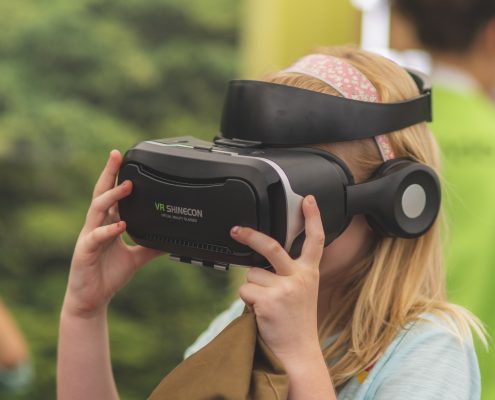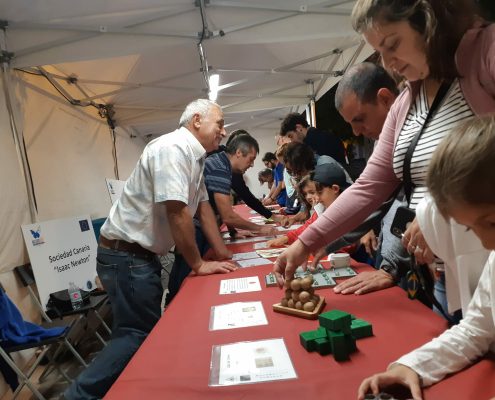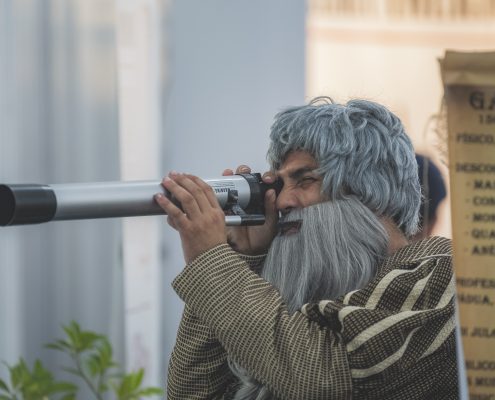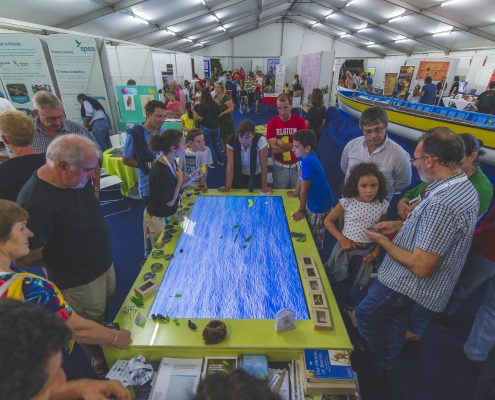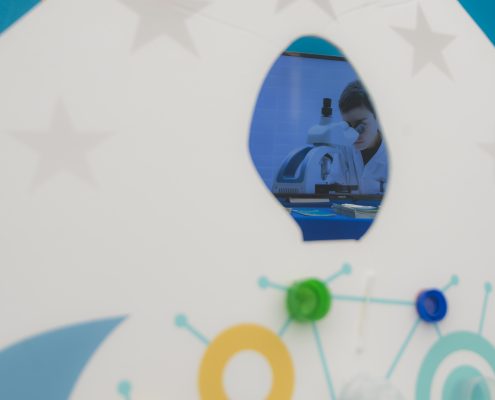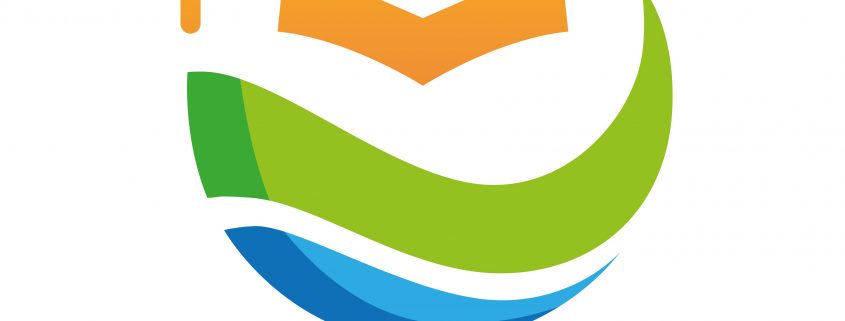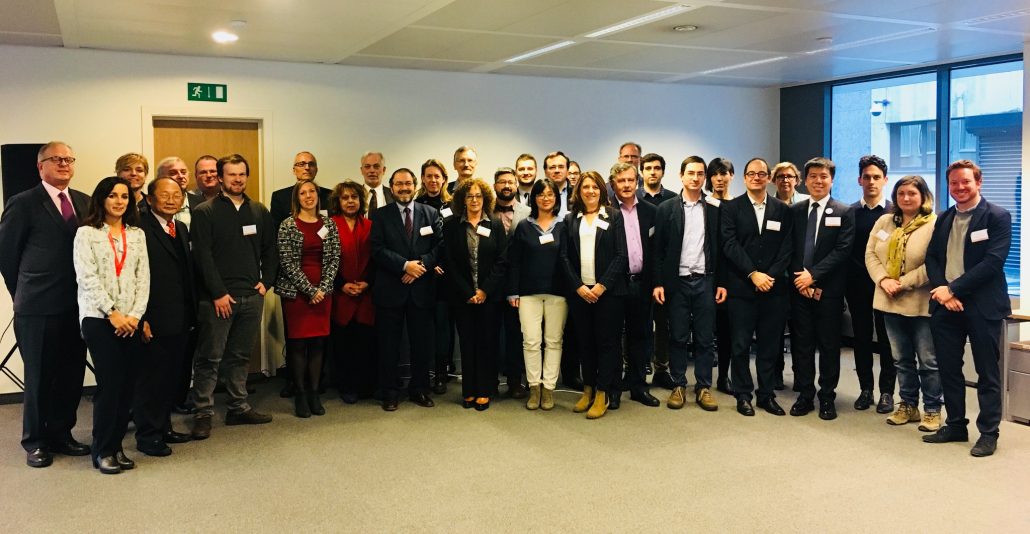¡VAMOS! Open Day and Advisory Board meeting, Nenagh, Ireland
The ¡VAMOS! project is now having its second field trials where the mining technology developed by a team of European researchers and companies is being tested and constantly improved. In Ireland, the ¡VAMOS! project found the perfect place to test its equipment in an open-pit flooded mine, resulting from an abandoned mine site. Together with the Open Day, where the team showed the technology in action to a number of stakeholders, technical and advisory board meetings also happened during the 24 and 25 of October.
On the 23rd of October, the ¡VAMOS! team held a technical meeting reserved to the partners that are involved in developing the many specialised bits that compose the ¡VAMOS! technology: the mining vehicle and the Launch and Recovery Vessel are just a few examples. During this meeting partners discussed the current state of their specific components and of the technology as a whole. Discussions led into a planned line of work that will translate into further improvement of the technology even during the field trials period in Ireland – that should extend for a few more weeks.
Then on the 24th, coupled with presentations on the project, local geology and mining history of Nenagh and Ireland, the ¡VAMOS! team held an Open Day during which around 80 visitors had the chance to see the innovative mining technology in action. Visitors were divided into groups and introduced to see different parts of the technology at a time. This allowed the visitors to have a better look and understanding of the technology. The visitors gave input to the project, both on engagement and exploitation that will surely be helpful to the project.
The last day of this period, the 25th, included both an Advisory Board meeting in the morning and an Exploitation Workshop in the afternoon. During the Advisory Board meeting, the ¡VAMOS! line of work was presented to environmental and mining experts with the aim to get their opinions and advice on the development of the technology, what should still be done and how. Fruitful input from the experts was given and it will surely benefit the project development as a whole.
To this, the Exploitation workshop followed. During this, the ¡VAMOS! partners had an intensive discussion on the future of the project and how to capitalise on the project’s innovative mining technology. How, when, what and who, were some of the questions around the future that were posed and answered by the consortium.
All in all, these few days were very benefitial, not only for the project partners that had interesting discussions as well as received input from expert stakeholders, but also to the visitors – geologists, researchers, locals – that had a unique chance to see the ¡VAMOS! technology in action. Their support to the team is a good tonic for the future that is to come!

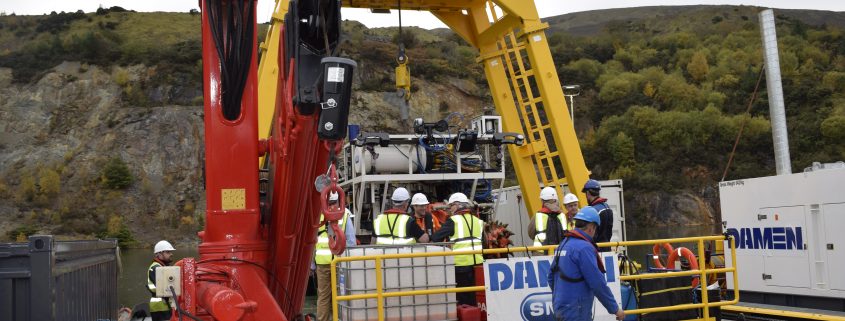

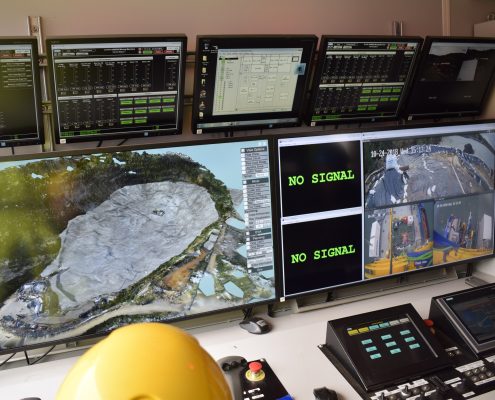
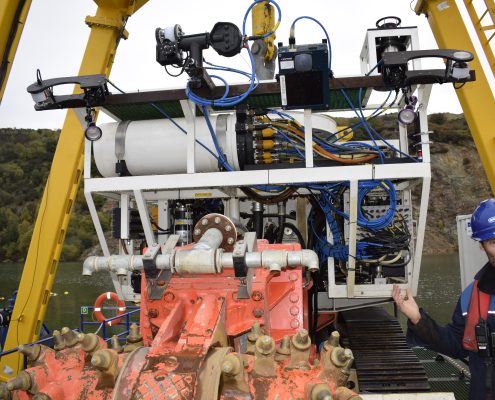
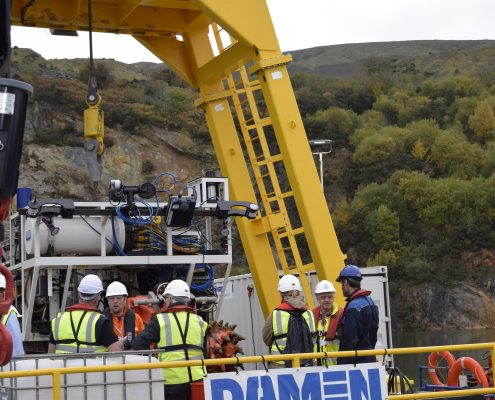
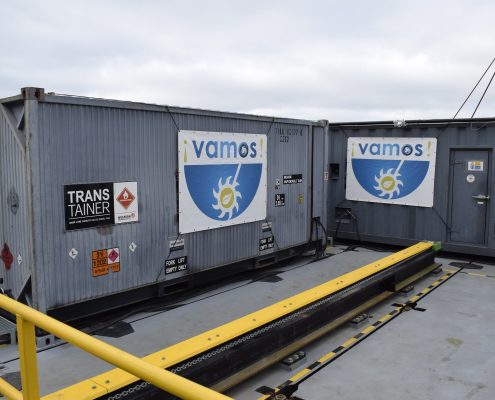
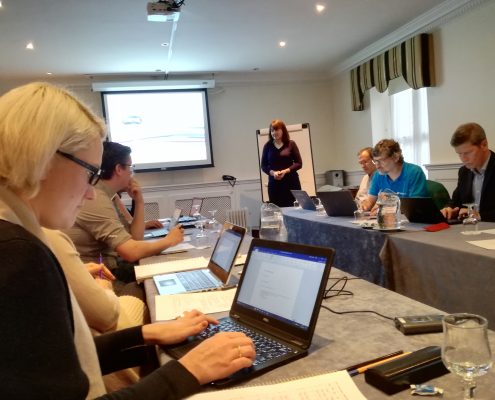
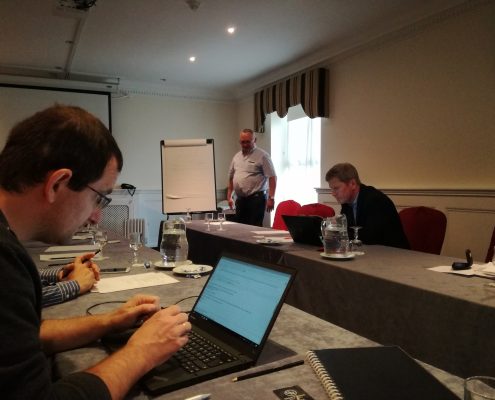
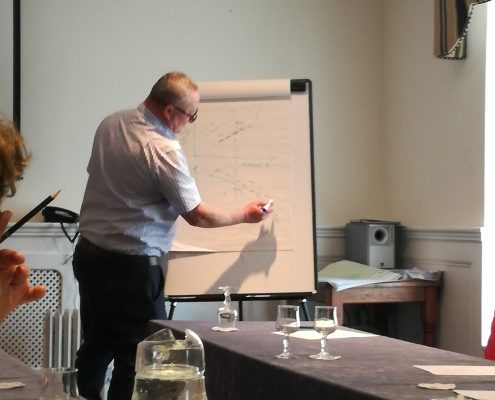
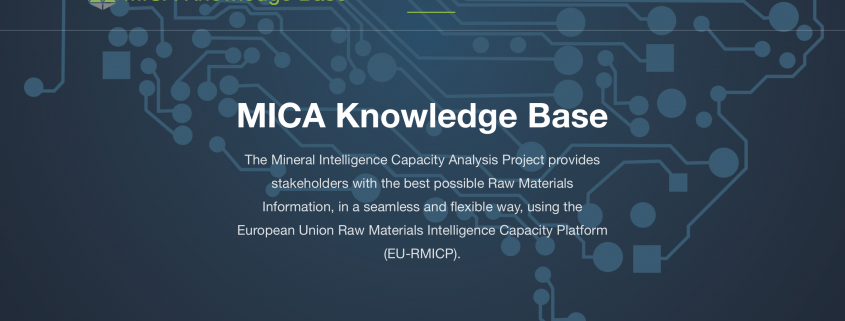
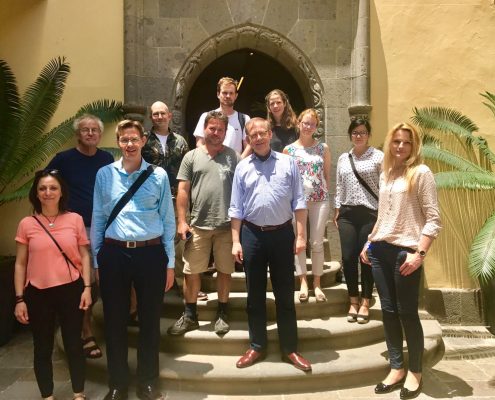
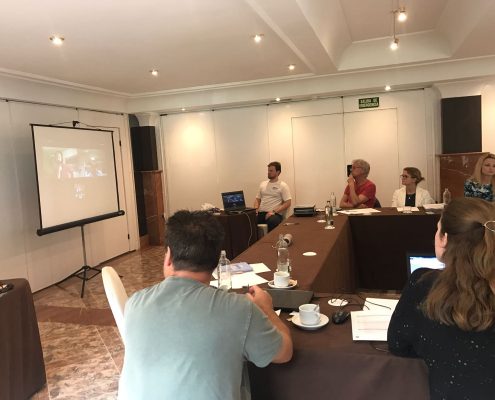
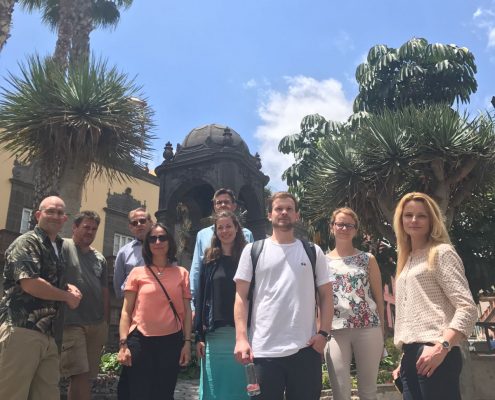
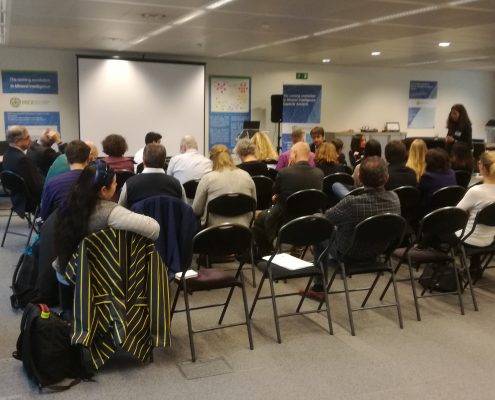
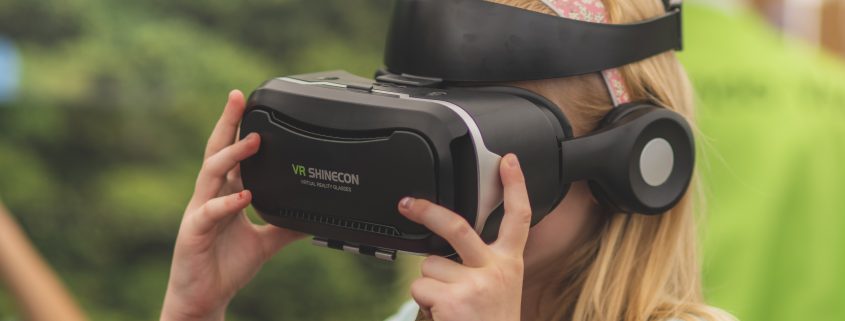 F: Verónica Lalanda (c) ContraTempo.com
F: Verónica Lalanda (c) ContraTempo.com